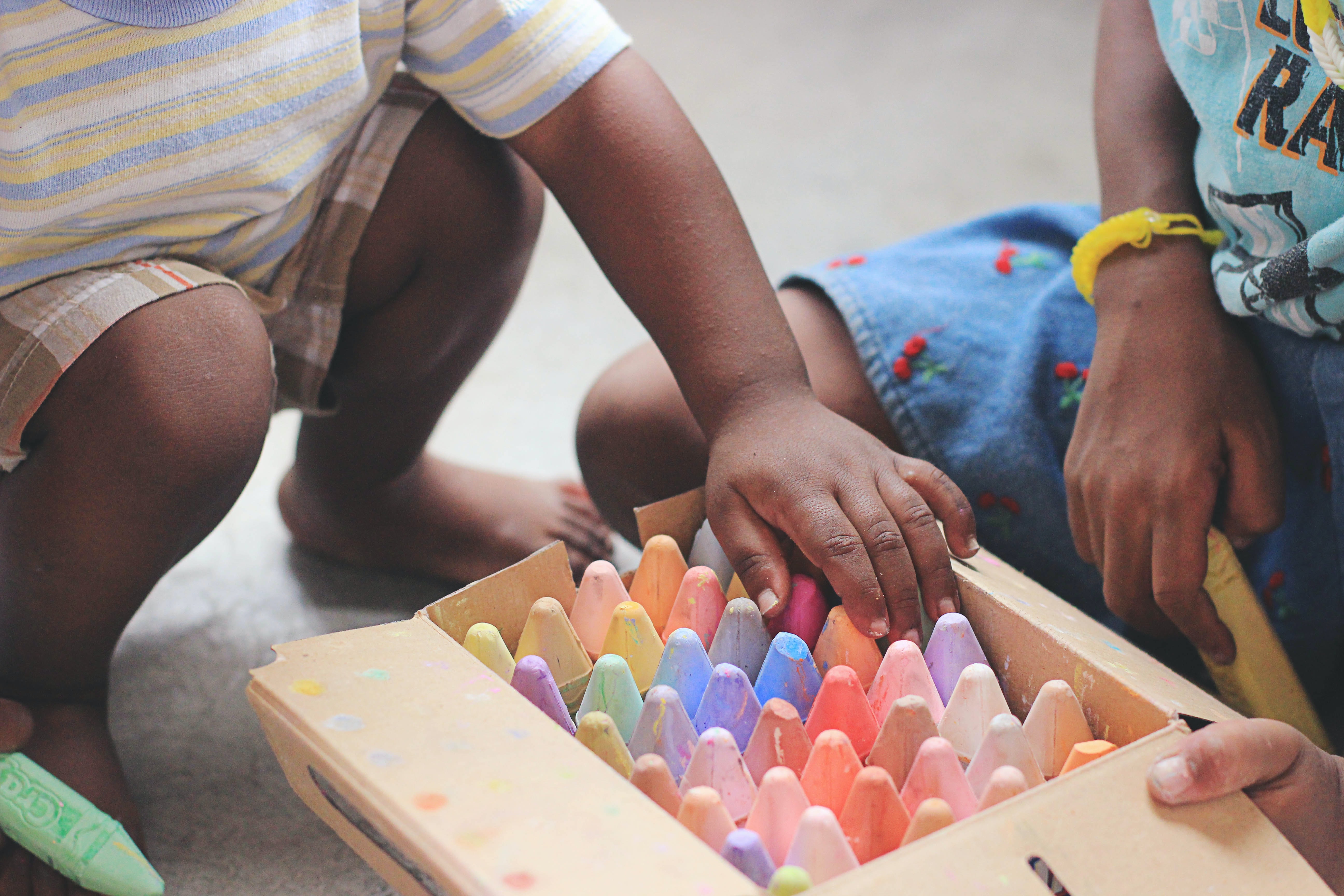- Law Practice Areas
- Resources For You
- Child Support Calculator
- Take Our Divorce Quiz
- Protect Your Assets and Net Worth During Divorce
- Blog
- Family Law Videos
- Your Guide to California Divorce
- Your Guide to Child Custody & Support
- Everything You Need to Know About Getting a Prenup
- An In-Depth Look at Divorce Mediation
- Top Considerations for High Asset Divorce
- Our Legal Team
- Locations
- Reviews
- Contact

When parents first get divorced, they can be somewhat overwhelmed or daunted by the process. Sometimes getting the courts involved in every intimate aspect of their private and financial lives can be difficult to bear, not only that but the courts can be a bit scary for the average person. It’s no wonder why many parents don’t realize that the family courts view child custody agreements as open-ended (subject to change).
Do child custody schedules change? Absolutely, and it happens all the time. Why? Because, so much changes in people’s lives. Children’s needs change. Parents get remarried or they relocate for a job. Sometimes teenagers don’t get along with Mom or Dad’s new spouse or for some reason, the custodial parents can’t take care of their children anymore – all if this is normal.
Common reasons why child custody is changed include:
- The custodial parent is physically, emotionally, or sexually abusive
- The custodial parent develops a substance abuse problem
- The custodial parent is incarcerated
- The custodial parent suffers from a severe mental illness
- The child does not get along with their new stepparent
- The custodial parent becomes injured, disabled, or sick with a serious disease
- The child wants to move in with the other parent for a valid reason, such as schooling, proximity to extended family, etc.
- The custodial parent wants to move far away and the child wants to stay to be close to their friends and/or family
- The custodial parent is alienating the other parent and blocking them from seeing their children
If you’re thinking about changing custody, you’re not alone. It is very common for parents to head back to court to change their Parenting Plan on one, if not multiple occasions after the divorce and before their child turns 18.
Changing Child Support
If you’re interested in changing the current custody order, it’s best to go back to court, this way you have it in writing and it can be legally-enforced. Also, if you want to make a big enough change, there’s a good chance you’ll need to have child support changed too.
For instance, if you’re the noncustodial parent and you’ve been paying child support and your child moves in with you, you’ll want to have child support changed so the other parent pays you instead of you paying him or her.
Your child can move in with you full-time, but until the child support order is modified, you’ll continue having to pay the other parent, even if your child no longer lives with them. To avoid that from happening, contact Cage & Miles so we can help ensure that all changes that need to be made are changed promptly.



